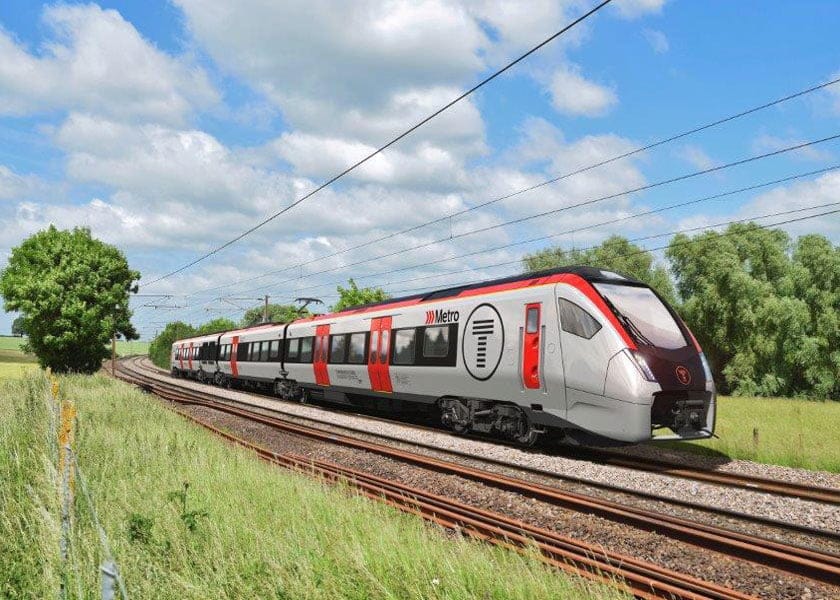A small team of researchers from Lawrence Berkeley National Laboratory and the University of California has found that battery-powered trains could become economical as early as 2023.
In his article published in the journal Nature Energy, the group argues that better battery technology and lower cost could soon allow battery energy to compete with diesel fuel to power trains. Researcher Federico Zenith ha published an article in the same issue of the magazine which outlines the reasons for converting trains to battery power.
Trains, Zenith notes, carry about 40 percent of intercity freight in the United States - shipping them by train is cheaper than using trucks. Most freight trains in the United States run on diesel fuel and emit about 0,6% of the emissions carbon totals. Switching to battery power could prevent these emissions.

A notable change
Electric trains in the United States draw power from overhead lines, an expensive and inefficient system. The team suggests that batteries could provide a better option. A single locomotive equipped with a 14-megawatt battery system would be enough to replace a train powered by a diesel engine. They also claim that such a locomotive could carry a train approximately 240 kilometers on a single charge. This would consume half the energy of a diesel train. And if the battery is charged using a renewable resource, it would reduce the carbon footprint of an electric train to zero.
Train batteries, battery trains
There is one thing to consider. Most current diesel locomotives actually run on electricity: the diesel powers the on-board generators. All that would be needed for most locomotives would be to replace the generators and add a dedicated freight car right behind the locomotive to carry a large battery. Like a power bank. Adding more dedicated freight cars with batteries would increase the train's range.
The batteries, the researchers note, could be charged at designated stops, provided rapid chargers for such large batteries are developed. Alternatively, battery-powered freight cars could be replaced with new ones at designated stops, dramatically reducing waiting times.


